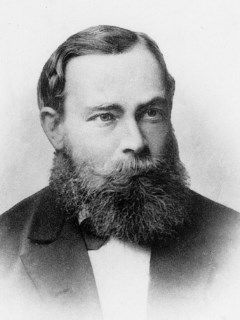

Frege, Lotze, and Boole
pp. 113-138
in: Erich Reck (ed), The historical turn in analytic philosophy, Berlin, Springer, 2013Abstract
In the "analytic tradition', Hans Sluga wrote thirty years ago in his book Gottlob Frege, there has been a "lack of interest in historical questions — even in the question of its own roots. Anti-historicism has been the baggage of the tradition since Frege' (Sluga, 1980, p. 2). The state of the discussion of Frege among analytic philosophers, Sluga claimed, illustrated well this indifference. Despite the numbers of pages devoted to Frege, there was still, Sluga claimed, little understanding of the sources of Frege's ideas, his intellectual debts, and the historical circumstances of his thought. Sluga singled out Michael Dummett's Frege: Philosophy of Language "as a paradigm for the failure of analytic philosophers to come to grips with the actual, historical Frege'. In that book, Dummett famously wrote that the logical system that Frege put forward in his 1879 Begriffsschrift "is astonishing because it has no predecessors: it appears to have been born from Frege's brain unfertilized by external influences' (Dummett, 1981a, p. xxxv) — and Dummett devoted almost none of its 700 pages to the relationship between Frege and his contemporaries.



